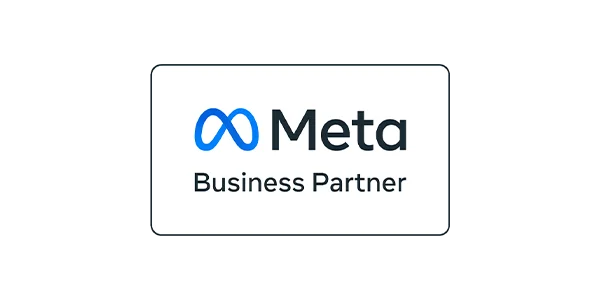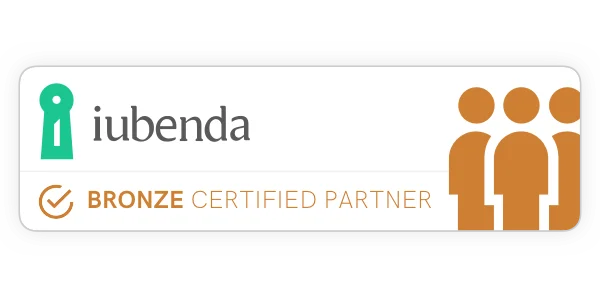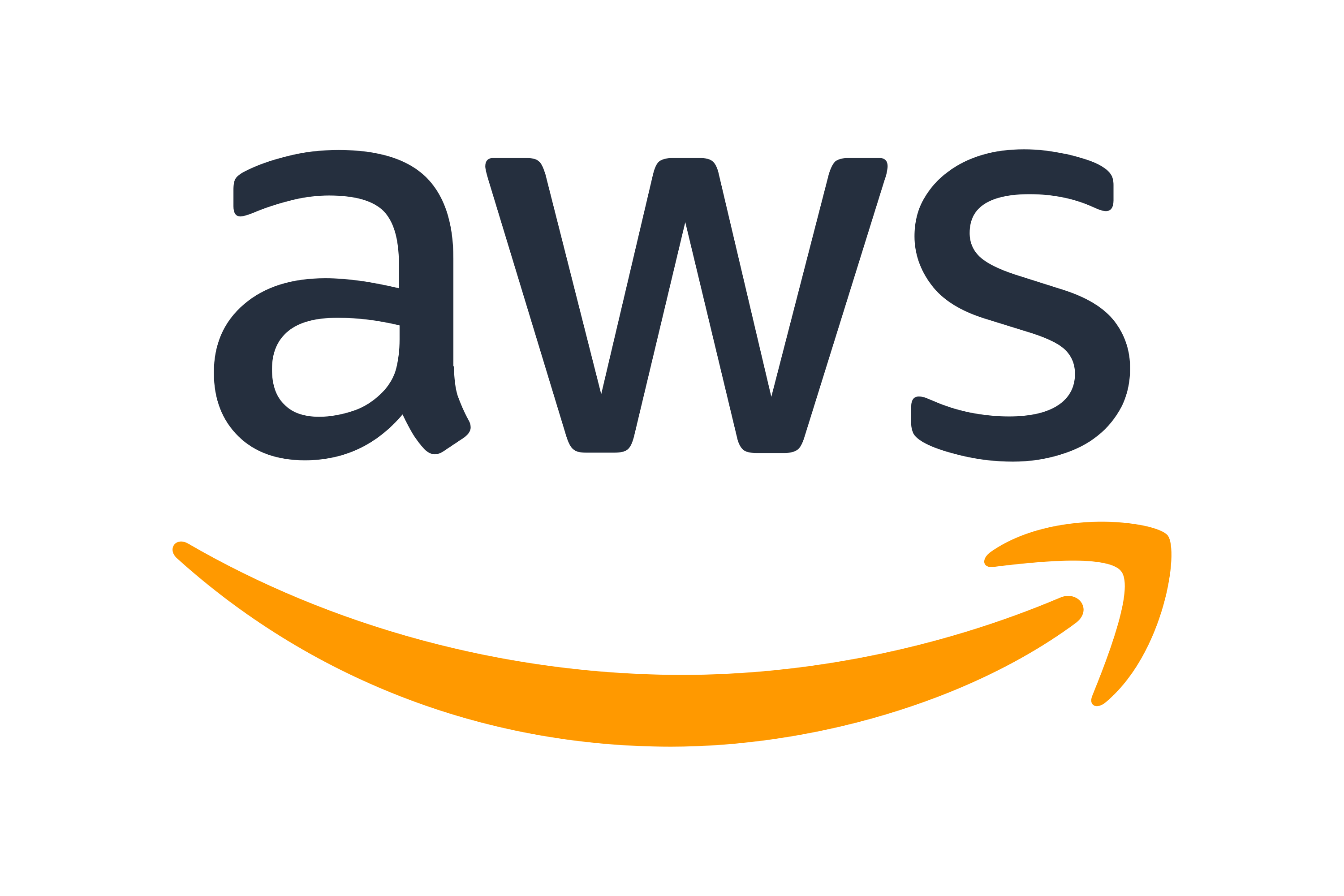More and more often we hear about funnel marketing and its importance. But what are funnels? And why are funnels useful for a business?
Let's start from the basics. “Funnel” literally means “funnel”. The term was not chosen by chance. In fact , funnel is the process through which a company skims, filters and sifts all possible customers, transforming them into paying customers .
The funnel, just like a funnel, starts from a large audience, generally interested in the product or service that the company offers and through various actions carries out a selection of contacts, with the aim of converting them into sales .
The idea behind this strategy therefore concerns the possibility of proceeding towards an audience that is increasingly interested in what is proposed in the sales path, which obviously, to work, must include steps designed to transform a general public into customers.
How are funnels used?
Having said that the funnel is a theoretical model that outlines the hypothetical journey of a contact from stranger to customer , in marketing it is therefore used to define a series of stages, internet pages, actions, mechanisms, which push the contact to decide to purchase a service or product.
Using the funnel means creating a strategic path to transform a stranger into a person who knows you, who trusts you and who wants to purchase your services or products.
Your funnel, if done well, can turn a stranger into your loyal customer!
How do funnels work?
Now we know the theory. But how do we get a stranger into the funnel and convert him into a customer?
To guide the consumer in the processes and in each phase he is in, in order to make him a customer, the funnel operates in 5 different phases .
Phase 1: Awareness
The awareness stage is at the top of the funnel, and is where the first contact with the general user occurs.
Through advertising, the consumer becomes aware of the existence of that product or service, or even of the company itself, and begins to consider the possibility that it might be useful to him.
And it is here, in this first phase, that it is necessary to attract users with interesting (created through content marketing) and stimulating as well as engaging content, creating an initial relationship and making yourself known.
Step 2: Consideration
In this second phase the consumer wants to find out more, to know who you are . So he checks the reviews and testimonials of your brand and the product and/or service he is interested in and puts it in his personal list. Thus your brand is remembered and becomes familiar and recognizable among all others.
The user, therefore, after having collected the information he needs, begins to show familiarity with the possible purchase.
Phase 3: conversion
In this phase the consumer switches to direct action : he requests a quote or information relating to the product or service via email, he calls and asks for information, he comes to the store. For this reason it is very important to develop a strategy based on incentives that can accelerate this process , such as, for example, dedicated discounts, personalized promotions, temporary discounts. The sooner the consumer is stimulated to act, the better he is in the decision-making process.
Step 4: Purchase
This is certainly the most important phase, because the consumer finalizes the purchase and you, the company, obtain the first result of your marketing funnel programming work . However, it should not be considered as the final stage of the funnel, as the customer is not yet loyal.
Phase 5: loyalty
Here we are, the consumer has become your customer. And now that the customer has purchased your product and/or one of your services, he uses it and then asks himself questions, whether he is satisfied with the purchase or whether "Is this product in line with my expectations?". In this phase, which is the last of the funnel, the one that is in the lowest - and narrowest - part of the funnel, it is very important to develop re-marketing strategies, incentives to make referrals and positive word of mouth to retain the customer and ensure that they purchase from you several times and perhaps bring other customers.
Why are funnels important for your business?
Funnels are important because , as explained previously, they allow you to work on every single phase of your customers' purchasing process . From when they are still strangers, to the point of building their loyalty.
Creating an effective digital marketing funnel is therefore a decidedly important process for every company, but also delicate, complex and detailed, and which leads to concrete results over time.
Doing it professionally can definitely make a difference.
In fact, funnels require a lot of expertise and therefore it is advisable to turn to industry experts to best create your funnel.
Do you own a company and want to create funnels that allow you to convert potential consumers into customers?
Gilbi.co is at your disposal. Ask one of our consultants for help!











Leave a comment
All comments are moderated before being published.
This site is protected by hCaptcha and the hCaptcha Privacy Policy and Terms of Service apply.